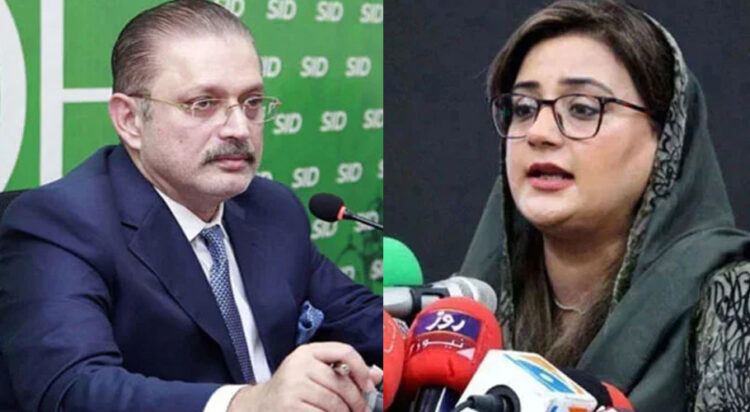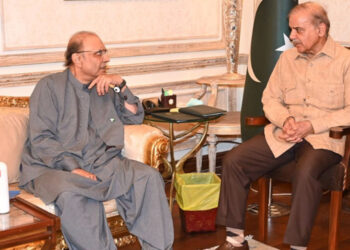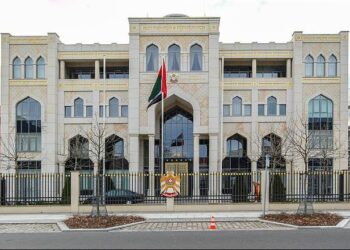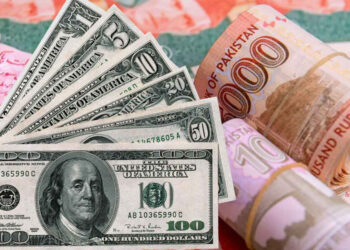![]() Follow Us on Google News
Follow Us on Google News
The verbal war between two important ministers from Sindh and Punjab has escalated, with both parties busy highlighting their province’s development projects and undermining the other’s performance.
According to some reports, Punjab’s Information Minister Azma Bokhari responded to Sharjeel Memon’s press conference on Monday, stating that playing the ‘Sindh card’ is an old habit of the Pakistan People’s Party.
In her statement issued in Lahore, Azma Bokhari said that all major projects in Sindh have been completed with federal government funds, and Sharjeel Memon should consider the facts instead of making inflammatory statements. She further added that when the Punjab government responds to these statements, the PPP feels offended.
Azma also reacted to Sharjeel Memon’s statement in which he said, “We do not do politics.” The Punjab Information Minister questioned what the repeated use of terms like uncle and niece (Prime Minister Shehbaz Sharif and Chief Minister Punjab Maryam Nawaz) signifies.
She added, “Our hands are tied; otherwise, we could give you a strong response. The Muslim League (N) is well aware of the irregularities of the Sindh government, which include rigging in local body elections.”
Azma Bokhari stated that whenever a major project is completed in Punjab, the Sindh government feels discomfort. She challenged that the 16-year governance of the People’s Party in Sindh should be compared to the one-year performance of the Chief Minister of Punjab.
She further said, “A government that could not remove garbage from the streets of Karachi in 16 years should not lecture us. If you want to see clean roads, visit Lahore.”
Earlier, Sindh’s Senior Minister Sharjeel Memon had said that a minister from Punjab attempted to politicize the Sehwan incident. During a press conference in Karachi, Sharjeel Memon stated that the Pakistan Muslim League (N) is the only party that has formed a government at the federal level, and the federal government should release 180 billion rupees to Sindh, which are present in the Supreme Court’s accounts.




































